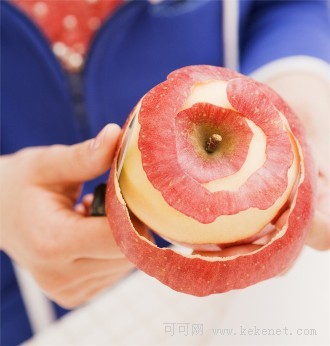
‘It prolongs hospitalisation, delays recoveries and in some cases prevents people from going back home. It isn’t well understood and there’s no medicine for it.’
“這會(huì)延長(zhǎng)病人的住院時(shí)間,減慢身體恢復(fù)健康的速度,使得病人們很難回到正常的生活中。這并不太好理解,同時(shí)也沒(méi)有藥可以醫(yī)治。”
In order to remedy the situation, Dr Adams, of the University of Iowa, studied the genetic changes that occur when muscles waste or atrophy. He checked a pool of 1,300 chemicals for one that would counter the changes – and hit on ursolic acid.
為了扭轉(zhuǎn)這樣的情況,來(lái)自愛(ài)荷華州大學(xué)的亞當(dāng)斯教授開始研究了肌肉萎縮的遺傳變異。 他在先后研究1300種化學(xué)元素之后,他發(fā)現(xiàn)了熊果酸。
It is particularly concentrated in apple peel but is also found in cranberries and prunes and in basil, oregano and thyme.
熊果素主要存在于蘋果皮之中,同時(shí)也可以在小紅莓、梅子、花椒葉和麝香草中找到。











